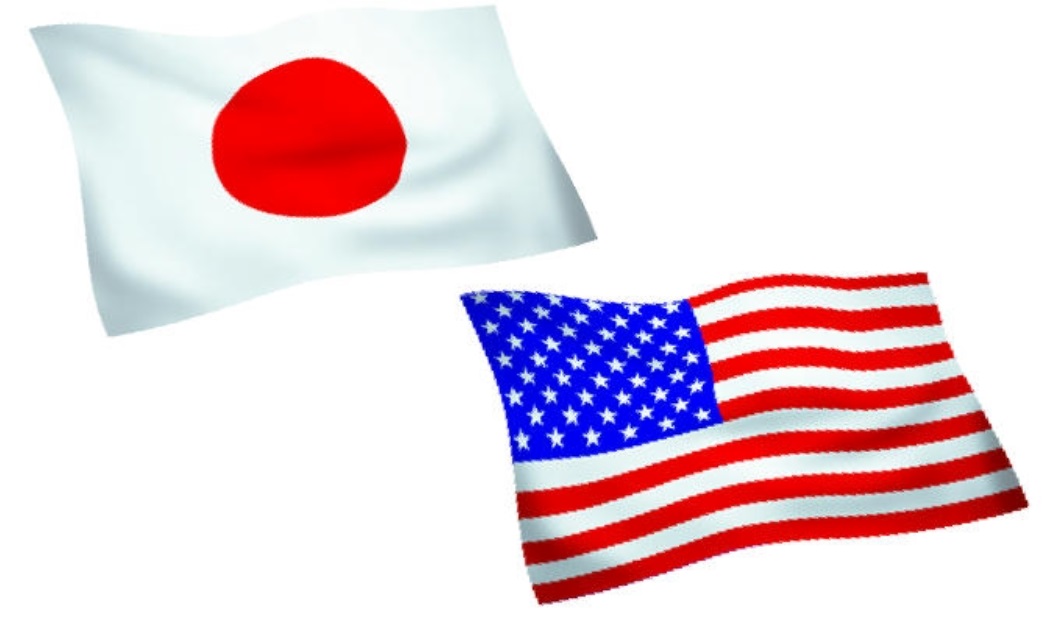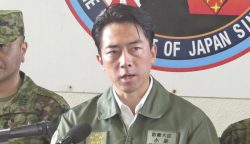
21:00 JST, December 29, 2024
There have been concerns in Japan that the United States might hesitate to defend Japan during a crisis, fearing an escalation into nuclear warfare. This scenario is known as “alliance decoupling.”
If a nation intending to invade Japan believes that the United States would not risk using nuclear weapons to defend Japan at the expense of its own safety, the threshold for launching a military attack against Japan would be lowered.
In Europe, there is a nuclear sharing framework in which U.S. nuclear weapons are stationed in allied territories during peacetime, and these nations can deploy these weapons using their own fighter aircraft in emergencies. However, the Japanese government maintains that such arrangements are unacceptable due to Japan’s three non-nuclear principles of not possessing, producing or permitting the introduction of nuclear weapons.
Ensuring that Japan can communicate its position regarding the United States’ use of nuclear weapons is an important step in enhancing Japan’s deterrence capabilities.
At the same time, Japan, as the only nation to have experienced atomic bombings, holds various perspectives on nuclear weapons. In times of crisis, the Japanese government would face difficult decisions, requiring a readiness to share responsibility.
Top Articles in Politics
-

Japan PM Takaichi’s Cabinet Resigns en Masse
-

Sanae Takaichi Elected Prime Minister of Japan; Keeps All Cabinet Appointees from Previous Term
-

Japan’s Govt to Submit Road Map for Growth Strategy in March, PM Takaichi to Announce in Upcoming Policy Speech
-

LDP Wins Historic Landslide Victory
-

LDP Wins Landslide Victory, Secures Single-party Majority; Ruling Coalition with JIP Poised to Secure Over 300 seats (UPDATE 1)
JN ACCESS RANKING
-

Japan PM Takaichi’s Cabinet Resigns en Masse
-

Japan Institute to Use Domestic Commercial Optical Lattice Clock to Set Japan Standard Time
-

Israeli Ambassador to Japan Speaks about Japan’s Role in the Reconstruction of Gaza
-

Man Infected with Measles Reportedly Dined at Restaurant in Tokyo Station
-

Videos Plagiarized, Reposted with False Subtitles Claiming ‘Ryukyu Belongs to China’; Anti-China False Information Also Posted in Japan
























